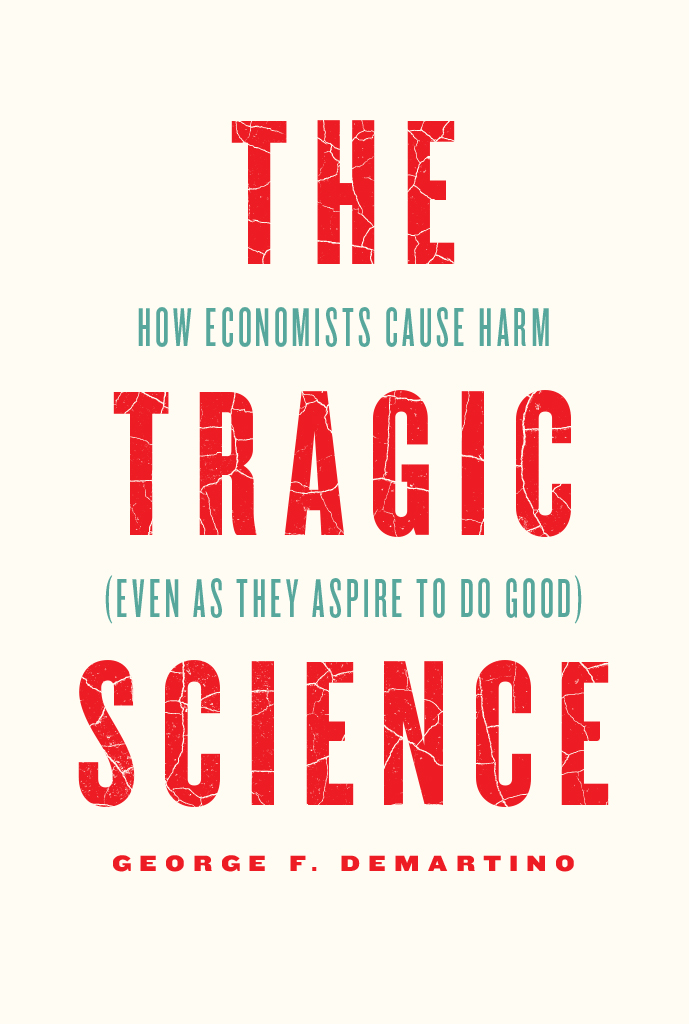
The Tragic Science
The Tragic Science
How Economists Cause Harm (Even as They Aspire to Do Good)
GEORGE F. DEMARTINO
The University of Chicago Press
Chicago and London
The University of Chicago Press, Chicago 60637
The University of Chicago Press, Ltd., London
2022 by The University of Chicago
All rights reserved. No part of this book may be used or reproduced in any manner whatsoever without written permission, except in the case of brief quotations in critical articles and reviews. For more information, contact the University of Chicago Press, 1427 E. 60th St., Chicago, IL 60637.
Published 2022
Printed in the United States of America
31 30 29 28 27 26 25 24 23 22 1 2 3 4 5
ISBN -13: 978-0-226-82123-8 (cloth)
ISBN -13: 978-0-226-82124-5 (e-book)
DOI : https://doi.org/10.7208/chicago/9780226821245.001.0001
Library of Congress Cataloging-in-Publication Data
Names: DeMartino, George, author.
Title: The tragic science : how economists cause harm (even as they aspire to do good) / George F. DeMartino.
Description: Chicago : University of Chicago Press, 2022. | Includes bibliographical references and index.
Identifiers: LCCN 2021058918 | ISBN 9780226821238 (cloth) | ISBN 9780226821245 (ebook)
Subjects: LCSH : EconomicsMoral and ethical aspects.
Classification: LCC HB 72 . D 37 2022 | DDC 174/.4dc23/eng/20220105
LC record available at https://lccn.loc.gov/2021058918
 This paper meets the requirements of ANSI/NISO Z 39.48-1992 (Permanence of Paper).
This paper meets the requirements of ANSI/NISO Z 39.48-1992 (Permanence of Paper).
Contents
In 2011 I published The Economists Oath, wherein I argued that economics needs a new field of inquiry: the field of professional economic ethics. My motivation was that economists cause harm in the world even as they do good. The harm can be widespread and deep, and yet economists are not trained to understand the full range of the harms they induce, or to think carefully enough about how to act responsibly when they risk harming others. In my PhD program, which is not an outlier in this regard, we had not one conversation about how we economists induce harm and what ethical obligations follow from that fact. Only after the book was published did I realize that I had fallen into the same intellectual trap that imprisons many in the profession: the trap of thinking that harm is a self-evident concept, and that even if economists dont think carefully enough about their obligations regarding harm, they at least understand what harm is.
That presumption is mistaken. Harm is a complex and contested idea. Not least, harm is at once a positive and normative concept. That is, one cannot do any positive work with the concept, such as determining whether harm has occurred or measuring its extent, without the careful moral reasoning that defining harm requires. Nor can one discern which harms are and are not legitimate to impose in pursuit of social betterment without first reckoning with difficult moral questions. So the common economic strategy of presuming a bright line separating positive economic science from normative judgments cant work here, if indeed it works anywhere (I think it doesnt). The problem of the normative nature of harm, requiring controversial value judgments, has been repressed by the economics profession. Economists too often act as if harm were a commonsensical and uncontroversial concept, such that when people spoke of harm they all meant the same thing. The presumption permits them to get on with the project of investigating which policies cause harm, to whom, and in what magnitudes without wasting time debating just what harm entails.
This book represents an attempt to come to terms with the problem of harm in economics. The complexity of harm introduces difficult problems for economic theory and application, and ethical challenges for the profession. The book attempts to probe some of these issues.
This book is critical of the economics profession for the ways in which it induces and dismisses serious harms. But the book is not a full-on attack on the economics profession. It is a request to the profession to take better care with its practice. I believe that the profession should always remember that its preferred policy interventions are apt to cause harm no matter what good they achieve; that the harms are far more extensive than weve been trained to appreciate; and that the harms should not be dismissed as easily as the profession has tended to do. I will also argue that the act of harming, especially in the context of the professional-layperson relationship, is ethically fraught, and that economists are not warranted in believing that they are and should be societys harm accountants who tally up benefits and harms and then pronounce on economic policy. When a profession can harm othersdeeply, badlythose others ought to be recognized as having rights and agency which include having a good bit to say about which harms to risk in pursuit of which valued ends.
A primary objective of the book is to explain to noneconomists the presumptions about harm that underlie economists practice, especially in the area of policy assessment and advocacy. Noneconomists are often befuddled and even offended by the way in which economists assess policycomparing benefits to this group against harms to that group. I share many of their concerns. Here I attempt to highlight and clarify some of the most problematic assumptions and procedures that lead to objectionable economic practice.
Critics of the economics profession have argued, rightly, that over the past century the profession has tended to oversimplify and even trivialize harm. It has oversimplified by means of severe reductionism, in which all harms, no matter their nature, depth, duration, or causes, are reduced to the loss of welfarea concept that we will investigate throughout the book. It has trivialized harm by treating all harms as if they were entirely reparable, through compensation. Assuming compensability allows the profession to design policies that stand to induce widespread and enduring harm provided the purported benefits are of a greater magnitude than the anticipated harms. This simplistic reasoning underlies compensation tests, expected utility calculations, cost-benefit analyses, social welfare accounting, and other techniques that economists apply to weigh policy impacts. But if the profession contributes to harms that are irreparable and noncompensableas it certainly doesthen all these strategies fail. It will become apparent that the economists oversimplification and trivialization of harm matters concretely, affecting the lives of all of us and damaging the lives of far too many.
I will not argue that one cant theorize harm in the simplistic way that economists tend to do. I will argue that a profession that induces harm has no business doing so. Other professions, like medicine, engineering, and law, have learned that lesson. When a profession is in position to risk harming those it serves, it takes on an obligation to wrestle with the complexity of harm, the act of harming, the reparability of harm, the means to achieve repair, the claims of those who are harmed for repair, and the rights of those who face the risk of harm to decide whether to take the risk. Despite a long century of wrestling with the moral geometry of harm, I think an impartial observer would conclude that the economics profession has failed to give sufficient attention to these matters.
Next page
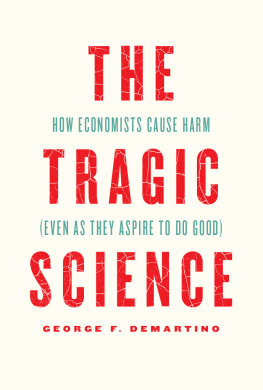
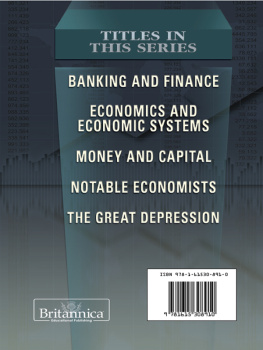
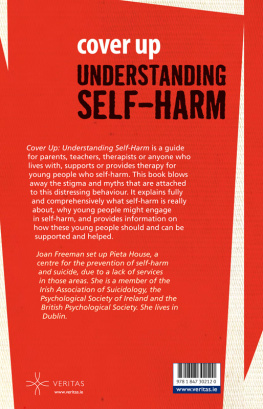
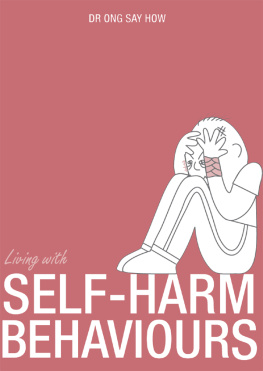
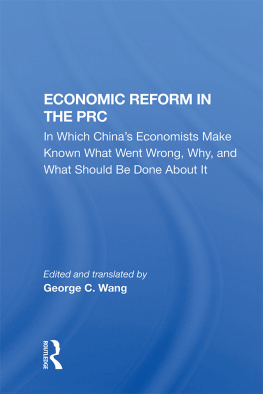
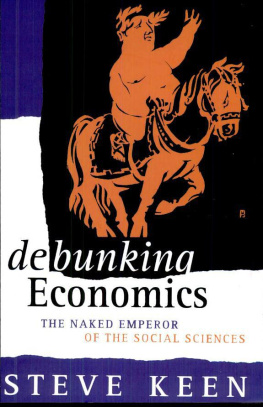
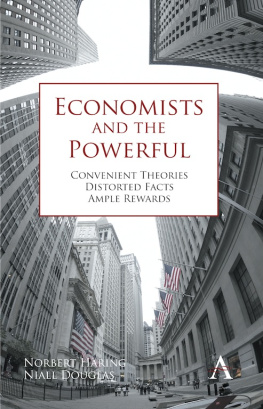
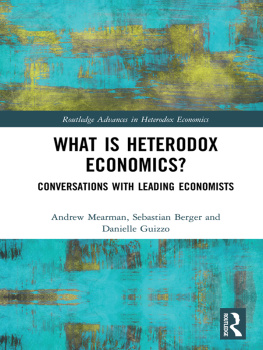

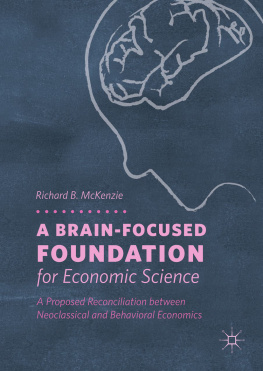
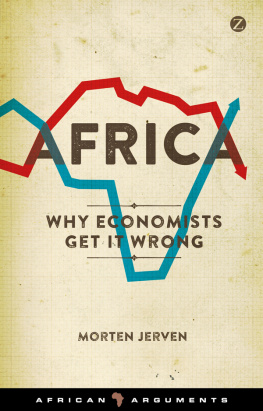
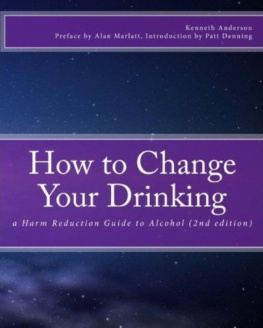

 This paper meets the requirements of ANSI/NISO Z 39.48-1992 (Permanence of Paper).
This paper meets the requirements of ANSI/NISO Z 39.48-1992 (Permanence of Paper).